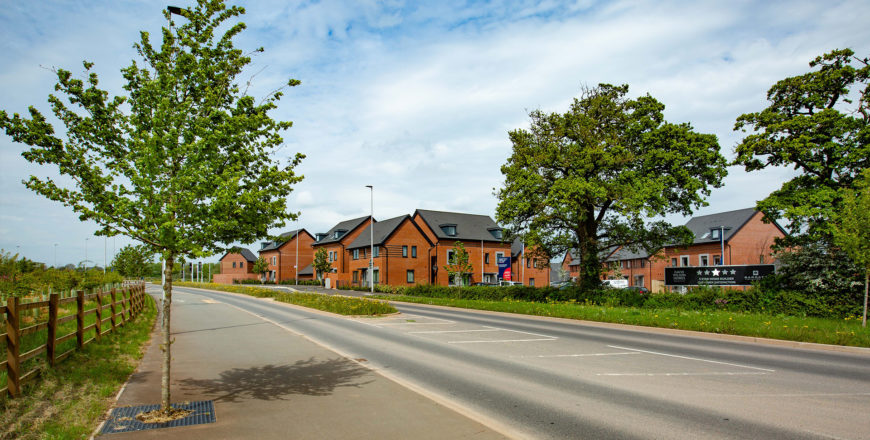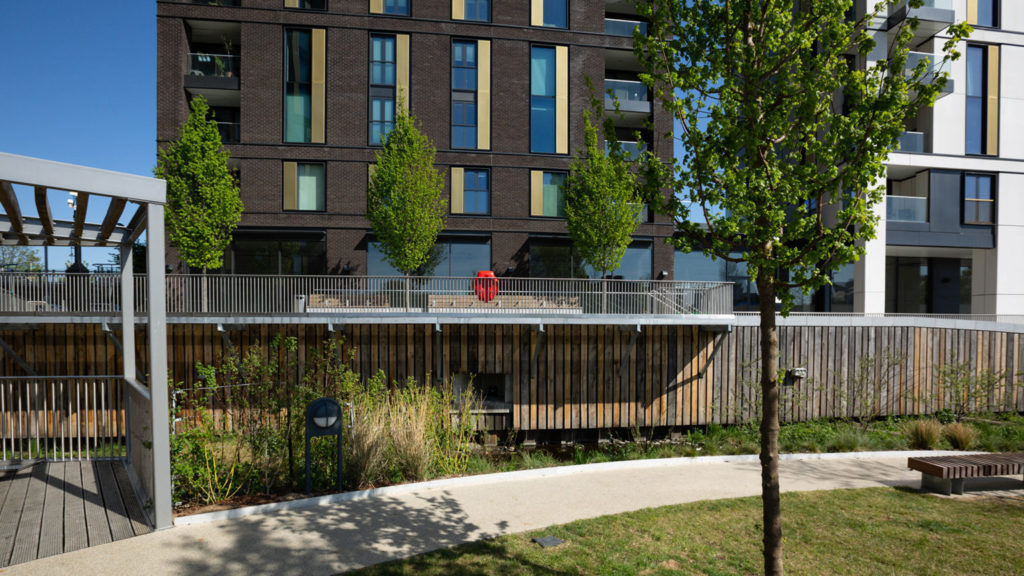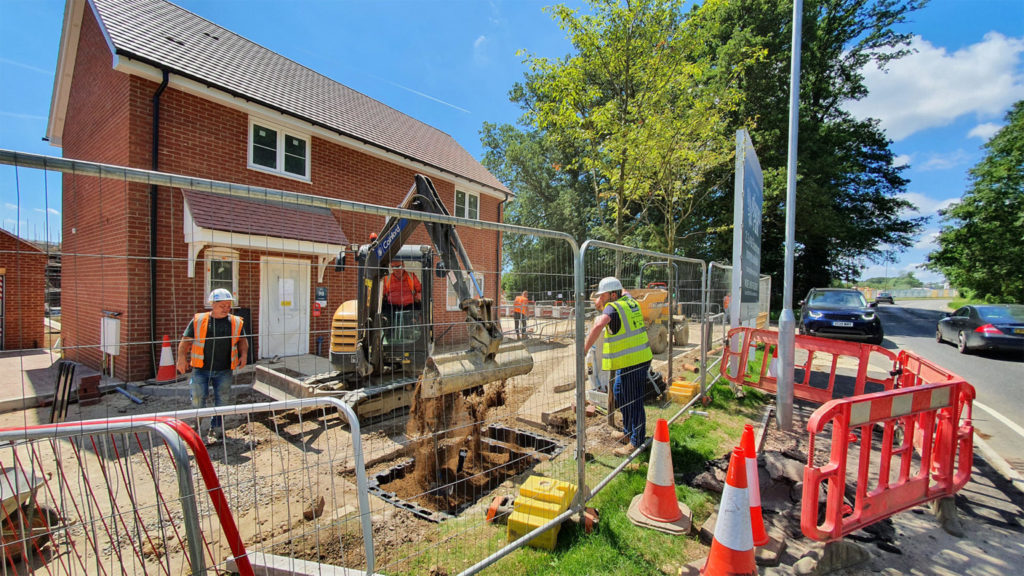Biodiversity surrounds us in our everyday lives without us even noticing, from the birds in the trees above us, to the worms in the soil beneath the insects that fly around us and us. We live in a world where nature came first, yet with all the publicity of climate change, we still continue to destroy natural habitats and cause the climate to evolve into an uninhabitable planet.
“Earth is going through a drastic change and there are no pre-warnings, the changes are now, at this moment, with every second that passes.”
In England, the RSPB has announced the breeding bird- Hen Harrier is close to extinction and has only been able to try a handful of nesting attempts last season. Furthermore, we have lost 8% of our butterfly species and 3% of our beetles, just to name a few.

The RSPB have a brilliant strapline that should be at the forefront of all developer’s minds during planning: “Giving Nature a Home.” They have recently published the Guide ‘Building Biodiversity in New Housing Developments’ in collaboration with the NHBC and Barratt Developments.
. This guide will allow housebuilders to enable their developments to look after the smaller species that live amongst us on our doorsteps, encouraging the public to adopt nature as their own responsibility within their properties. You can also discover more by listening to our collaborative webinar dedicated to this. Our recent case study at Kingsbrook, Aylesbury is an exemplar project highlighting the biodiversity impact.
But what has nature got to do with new housing?
Developers strive to meet housing targets, but also need to consider the quality of the places our communities will grow and establish. It has been scientifically proven that if we live in close proximity to bird song noise, we are instantly calmer and stress-free, resulting in crime rates being reduced by a staggering 50%. Our gardens can provide a crucial lifeline for struggling existing wildlife species and create homes for new residents in the animal world. Many look at nature as a piece of technology, providing benefits to our infrastructure, however, let’s adopt a thought-provoking movement of building around nature’s home, rather than forcing nature to restore after the damage caused by us.

Co-design in the early process with Ecologists and Landscape Architects is vital in allowing a project to meet all criteria for reaching a nature-friendly housing development. The Wildlife Trust has produced an insightful brochure on how to build ‘Homes for people and wildlife describing the necessary steps that need to be taken to build with ‘Wildlife in Mind’. This guide was published at a time when the government had agreed to build a further 300,000 new homes by 2022.
A developer who is making vital changes in their ways of working our Redrow Homes. Nicola Johansen, Group Sustainability Manager has confirmed that for Redrow it is:
‘not just a numbers game and while achieving net gain is important they tackle the key principles in every site ensuring long-term management and establishment for wildlife to thrive.’
“What can we do as homeowners?”
Nature-based solutions are easy to implement and maintain. Have you thought about giving your lawnmower a rest and allowing the animals on the ground to forest? Plant a wildflower meadow, add a bird box or simply plant tree species that welcome a variety of wildlife. All these methods are simple and affordable. There are also proven industry products such as GreenBlue Urban’s HydroPlanter, a plug and play rain garden or our green wall climbing system which can be perfect for adding green into any confined space.

Designing for nature makes sense, for social, economical and most importantly environmental reasons. It’s time to connect humans with nature again as one harmonious life.

